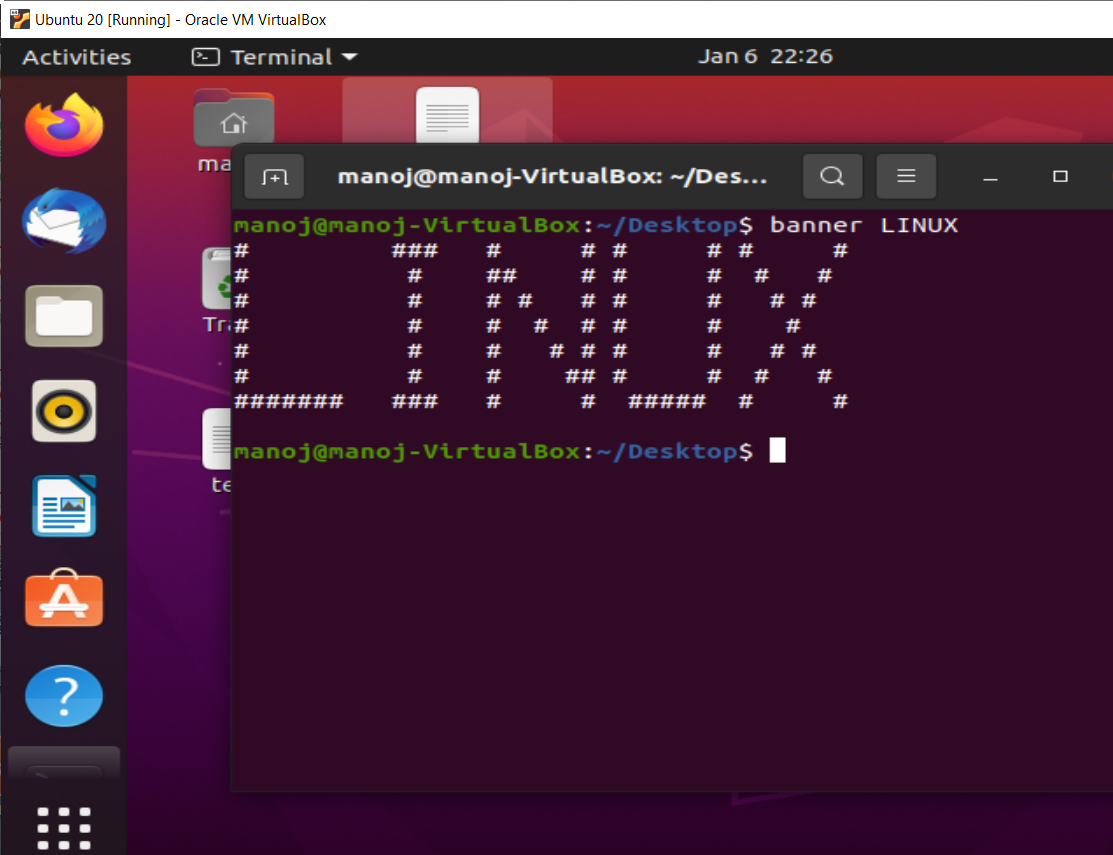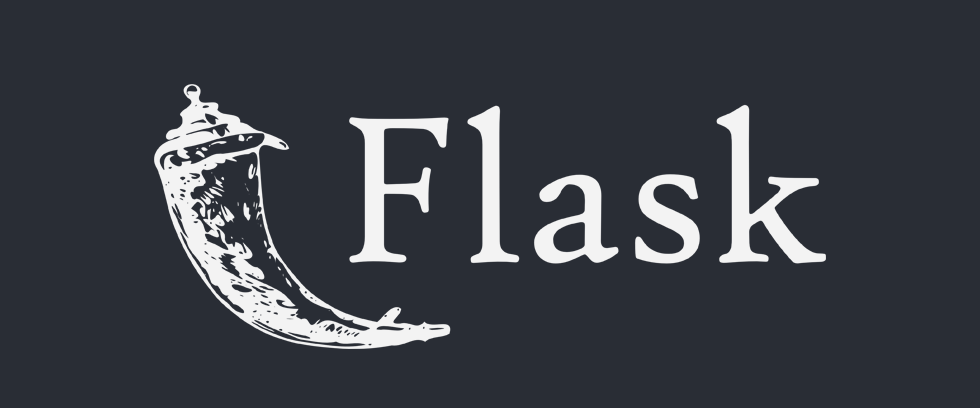How to resolve JSON.Parse error in sequelize
When I start with Sequelize ORM end up with the body-parser error. Usually we define body parser using app.use(bodyparser.json()), which globally declare parser functionality for all routes.
SyntaxError: Unexpected token in JSON at position 0
at JSON.parse ()
at createStrictSyntaxError (E:\NodeProjects\sequelize-api -mysql\node_modules\body-parser\lib\types\json.js:158:10)
at parse (E:\NodeProjects\sequelize-api -mysql\node_modules\body-parser\lib\types\json.js:83:15)
at E:\NodeProjects\sequelize-api -mysql\node_modules\body-parser\lib\read.js:121:18
at invokeCallback (E:\NodeProjects\sequelize-api -mysql\node_modules\raw-body\index.js:224:16)
at done (E:\NodeProjects\sequelize-api -mysql\node_modules\raw-body\index.js:213:7)
at IncomingMessage.onEnd (E:\NodeProjects\sequelize-api -mysql\node_modules\raw-body\index.js:273:7)
at IncomingMessage.emit (node:events:388:22)
at endReadableNT (node:internal/streams/readable:1305:12)
at processTicksAndRejections (node:internal/process/task_queues:80:21)
Here is where sequelize findAll() like functionality collides and the above error log will be populated
Solution
We can apply route specific parser to fix this mess. Let’s see how
Before the fix
For simplicity I have omitted some of the lines in index.js (Node project file). Before the fix our routes look like this
...
app.use(bodyParser.urlencoded({extended:false}))
app.use(bodyParser.json())
app.post("/todo", (req, res, next) => {
const {item,description}=req.body
Todo.create({item:item,description:description})
.then((model) => {
res.status(200).send(model);
})
.catch((e) => {
res.status(400).send("Error:" + e);
});
});
app.get("/todo", (req, res, next) => {
Todo.findAll()
.then((model) => {
res.json({
error: false,
data: model
})
})
.catch(error => res.json({
error: true,
data: [],
error: error
}))
});
After the fix
After the removal of the global json parser it will look like this
...
app.use(bodyParser.urlencoded({extended:false}))
app.post("/todo", bodyParser.json(), (req, res, next) => {
const {item,description}=req.body
Todo.create({item:item,description:description})
.then((model) => {
res.status(200).send(model);
})
.catch((e) => {
res.status(400).send("Error:" + e);
});
});
app.get("/todo", (req, res, next) => {
Todo.findAll()
.then((model) => {
res.json({
error: false,
data: model
})
})
.catch(error => res.json({
error: true,
data: [],
error: error
}))
});
we have added the parser function of the bodyParser to Post routes only and the problem solved





